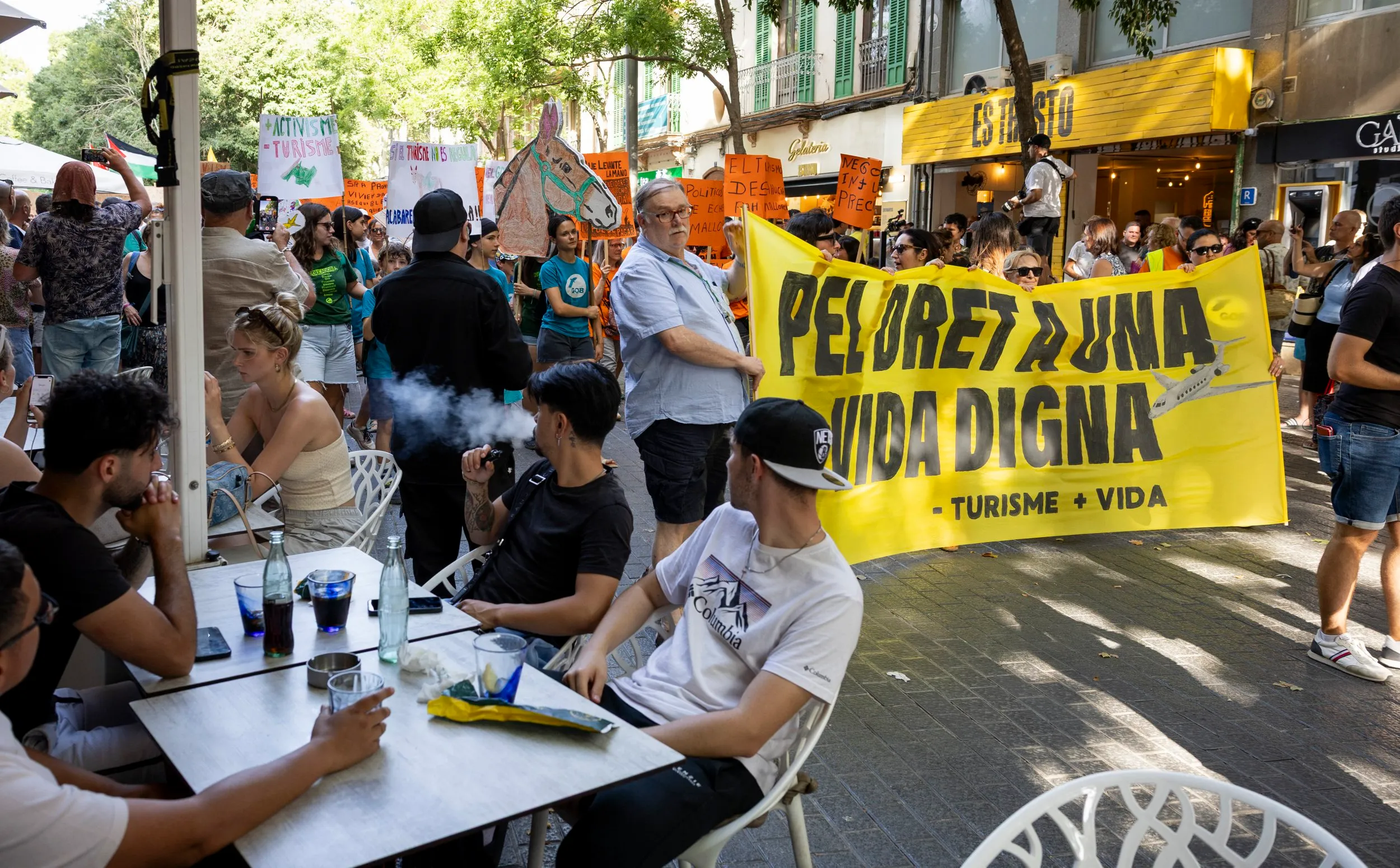
Show Caption
Hide Caption
Grok AI deepfakes used to target women like X user Evie
Grok AI is being used to create porn-like deepfakes of women, including feminist X user Evie.
Nineteen new Florida laws related to crime and law enforcement go into effect on Oct. 1.
Several new laws aim to protect children by increasing penalties for human trafficking, luring, and sexual cyber-harassment.
Creating nonconsensual “deepfake” pornography is now a felony, closing a previous loophole in state law.
Out of nearly 30 new Florida laws going into effect on Oct. 1, 19 of them are related to crime and law enforcement.
Some of them take direct aim at protecting children, close a deepfake pornography loophole, increase penalties against sexual cyber-harassment, and create a new capital crime for anyone trafficking children or people with mental incapacitation.
There are also more reporting requirements for sexual predators and offenders and new mandatory minimum sentences for repeated sex crimes.
Here’s what changes as of Wednesday.
SB 1804: Capital Human Trafficking of Vulnerable Persons for Sexual Exploitation
What it does: Creates the new crime of Capital Human Trafficking of Vulnerable Persons for Sexual Exploitation for adults who knowingly initiate, organize, plan, finance, direct, manage, or supervise the sexual trafficking of a child under 12 or a person who is mentally defective or mentally incapacitated.
What it means for you: The crime is a capital felony, meaning the possibility of life without the possibility of parole or the death penalty, putting human trafficking crimes against children on the same level as homicide. Anyone convicted under the statute must be designated as sexual predators.
HB 757: Sexual Images
What it does: Creates strict penalties for promoting “lewd and lascivious images” (sexual pictures of a child less than 16 years old) and criminalizes the growing and disturbing trend of nonconsensual deepfake pornography — digitally produced realistic sexual depictions of identifiable people or their body parts without their consent. Under the new law:
Possessing such an image with the intent to promote it is now a second-degree felony
Knowingly soliciting, possessing or intentionally viewing such an image is a third-degree felony (with a carve-out for law enforcement officers investigating child sexual abuse material)
Creating, possessing or soliciting an altered sexual depiction without the consent of the person depicted (deepfake pornography) is now a third-degree felony
What it means for you: Previously, Florida law criminalized the distribution of nonconsensual deepfakes but not the creation of them. This bill makes it a felony, and clarifies that personal identification connected to the image or video is not required when identifiable information can be easily matched to the material.
Anyone portrayed in a sexual deepfake without consent may sue for injunctive relief, monetary damages of at least $10,000, and reasonable attorney fees and costs.
HB 777: Offenses Involving Children
What it does: Changes the law against luring children into a building for illicit purposes to include children under the age of 14. Previously, Florida law stopped at 12.
What it means for you: Harsher penalties for anyone luring children. The bill:
Increases the penalty from a third-degree felony to second-degree
Adds luring out of a building to the crime as well as luring into one
Ignorance of a victim’s age, even if it was misrepresented, is no longer permitted as a defense
HB 1451: Sexual Cyberharassment
What it does: Enhances penalties for sexual cyberharassment, removes some loopholes in the law.
What it means for you:
Sexual cyberharassment is now a third-degree felony instead of a first-degree misdemeanor if done for profit, second or subsequent acts are second-degree felonies
The intent of the offender no longer a factor
Sexual cyberharassment no longer requires a sexually explicit image that contains personal information about the victim to be published or distributed without legitimate purpose
Sexual cyberharassment no longer requires personal information of the victim to be in the image itself if that information is made available at the same time where a person viewing the image could easily connect them
The definition of “sexually explicit image” broadened to include images of bodily sexual secretions
Victims of sexual cyberharassment may sue for punitive damages
The statute of limitations extended to five years after it happens or within three years after the date the victim discovers it, whichever is later, for a misdemeanor. For a felony, it’s seven years after the crime is committed or within three years of discovery, whichever is later.
HB 1351: Registration of Sexual Predators and Sexual Offenders
What it does: Revises reporting requirements for sexual offenders and predators.
Requires sexual offenders and predators to report their occupation, business name, employment address, and employment phone number
Requires sexual offenders and predators to report in-state travel residences within 48 hours either online through the Florida Department of Law Enforcement (FDLE)’s online system or in person with the sheriff’s office, removes a requirement to report it to the Department of Highway Safety and Motor Vehicles
Requires local law enforcement agencies to verify addresses of sexual offenders at least one time per calendar year and sexual predators four times per calendar year
Clarifies what constitutes a “permanent residence”
What it means for you: Tighter reporting for sexual predators and offenders
HB 1455: Sexual Offenses by Persons Previously Convicted of Sexual Offenses
What it does: Requires a mandatory minimum sentence for sexual predators or offenders if they are convicted of a sex crime again, blocks all forms of early release apart from pardons, clemency or medical release.
What it means for you: Minimum mandatory sentences are now:
10 years
Lewd or lascivious molestation of a victim under 16 years of age
Lewd or lascivious molestation of an elderly or disabled person
Possession or transmission of child sexual abuse material
Online solicitation of a minor, traveling to meet a minor, or prohibited computer usage
15 years
Possession with the intent to promote any form of child sexual abuse material
20 years
Use of a child in a sexual performance
Promoting a sexual performance by a child
Buying or selling minors
More Florida laws starting Oct. 1
Other laws starting Wednesday include enhanced penalties for traffic violations, privacy crimes, fleeing or impersonating an officer, DUI and BUI laws, vehicular and vessel homicide, abandoning a restrained dog in the face of a hurricane, tampering with court officials, and spying on people with drones.
There are also a new crime against installing or using a tracking device on someone or their property without permission.
Juries will also have more aggravating factors to consider when deciding a capital case, and landlords, mobile park owners and condo developers will have to provide information on flood risks and previous flooding of the property.



